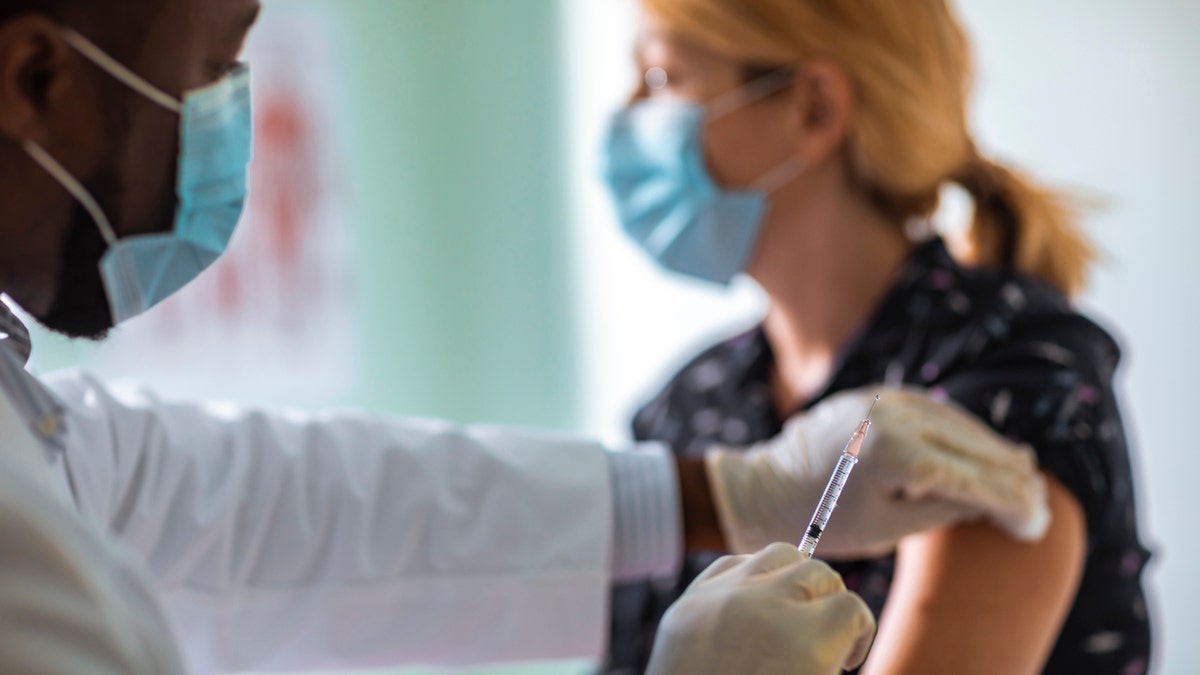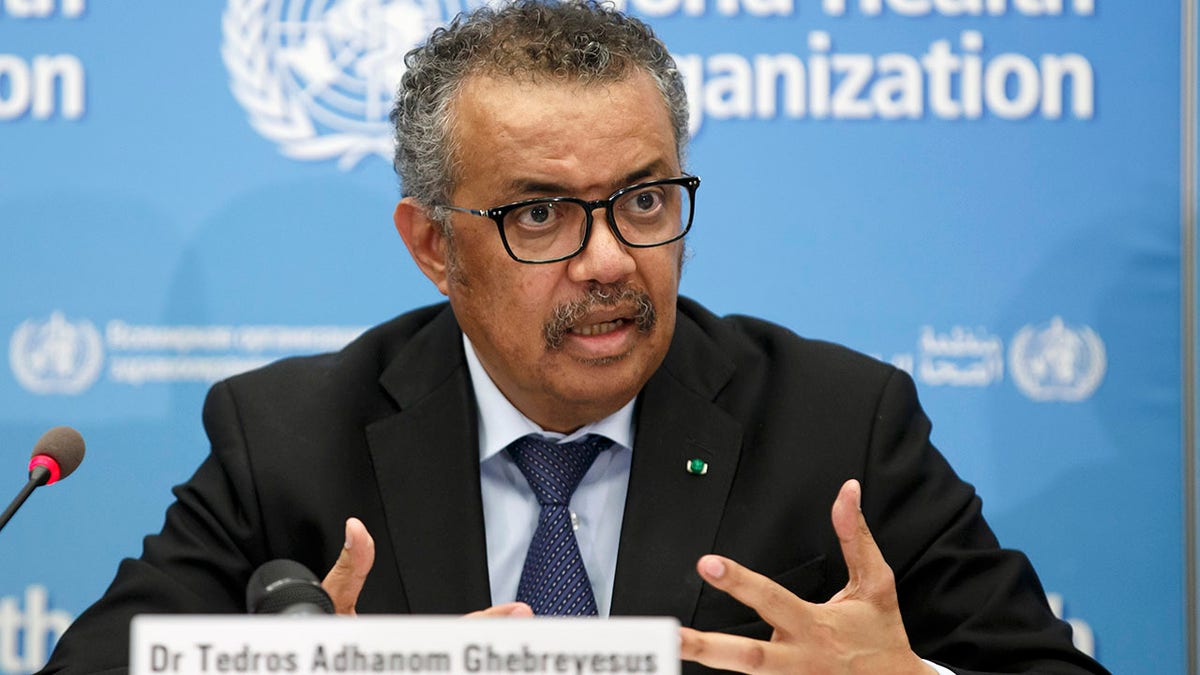Fox News Flash top headlines for November 24
Fox News Flash top headlines are here. Check out what's clicking on Foxnews.com.
Following Monday’s news of AstraZeneca and Oxford University’s coronavirus vaccine candidate showing up to 90% efficacy in clinical trials, officials at the World Health Organization (WHO) carried a hopeful yet patient message.
Prompted by a reporter, Dr. Soumya Swaminathan, chief scientist at the WHO, said “first of all I’m sure the person who asked the question, like all of us, is very encouraged by the news that we got today” regarding the early results from the trial.
“We’ve heard only the preliminary results about the vaccine trials that were done in the UK and Brazil,” Swaminathan said, while also elaborating on the differing efficacies from varying dose regimens in the trial.

World Health Organization officials await further trial data on safety and efficacy (iStock).
HOW DOES OXFORD-ASTRAZENECA'S CORONAVIRUS VACCINE WORK?
Trial participants administered a smaller dose and then a full dose one month later saw around 90% efficacy, while the rate dropped to 62% among other participants given two full doses a month apart.
“But again this is based on rather small numbers and I think we need to wait to see the results, both of the efficacy and the safety,” Swaminathan continued, adding that the vaccine is being trialed in many other countries and, eventually, data from around 60,000 participants will help the WHO reach a "much more informed decision."
The scientist said AstraZeneca has already been in discussion with the WHO about its pre-qualification program, which aims to "make quality priority medical products available for those who urgently need them," per the WHO's webpage.
WILL ASTRAZENECA-OXFORD'S CORONAVIRUS VACCINE PROTECT YOU FROM DISEASE?
Another WHO official, Dr. Mariângela Simão, assistant director-general for drug access, also chimed in with updates.
“We are very hopeful we are about to receive more data that includes clinical data in the next week,” Simão said. “And we are also aware that AstraZeneca has also [been] submitting doses to the European Medicines Agency (EMA) and we do have a close collaboration.” Last month, the EMA announced a "rolling review" basis with AstraZeneca's coronavirus vaccine. The EMA's human medicines committee has been evaluating data as they become available, which helps speed along the timeline for regulatory approval amid a public health emergency.
“We will be analyzing these results very carefully, but very much welcome results so far,” Simão continued. “We expect to have finalized assessments in the beginning of next year.”
Finally, Swaminathan touted Oxford-AstraZeneca’s "heat-stable" vaccine candidate, and she hopes similar vaccines are forthcoming.
WHAT'S THE DIFFERENCE BETWEEN MRNA VACCINES AND CONVENTIONAL ONES?
“The advantage of this vaccine is that it can be stored in the ordinary refrigerator temperatures of 2 to 8 degrees [Celsius; 36-46 degrees Fahrenheit] and is stable at that temperature and that, of course, has huge logistical advantages for transporting and delivering this vaccine to cities and towns and villages and rural areas around the world,” Swaminathan said.
The WHO's Director-General Tedros Adhanom Ghebreyesus said the urgency for vaccine development must be matched by the same urgency for fair distribution.

Tedros Adhanom Ghebreyesus, director-general of the World Health Organization (WHO), said $4.3 billion is needed immediately to support the mass procurement and delivery of vaccines, tests and treatments. (Salvatore Di Nolfi/Keystone via AP, File)
"There is now a real risk that the poorest and most vulnerable people will be trampled in the stampede for vaccines," he said, prior to the update on the AstraZeneca vaccine. Ghebreyesus elaborated on the WHO's Access to COVID-19 Tools (ACT) Accelerator developed in April.
"However only a fundamental change in funding and approach will realize the full promise of the ACT Accelerator," he said. "$4.3 billion is needed immediately to support the mass procurement and delivery of vaccines, tests and treatments. Further $23.8 billion will be needed next year."
"This isn’t charity, it’s the fastest and smartest way to end the pandemic and drive the global economy recovery," he continued.










































